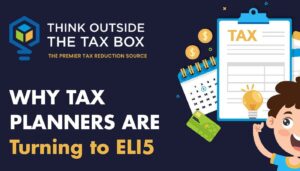Question: How are you pricing Employee Retention Credit claims?
Answer: The Employee Retention Credit (ERC) has seemed more confusing than some of the other tax credits simply because it was mostly ignored by the tax community early in the pandemic. While small businesses happily pocketed PPP funds rather than claim the credit, the choice between the two benefits was clear.
As we now know, business owners can have both PPP loan forgiveness as well as access to the ERC tax credits. But many smaller firms and payroll processors felt overwhelmed by the demand, and with refunds taking months to process, some businesses are often looking for help on their own.
So many new players have entered the game selling access to these credits, up to $33,000 in cash per employee. Firms selling R&D studies and cost segregation are advertising – hard. Most are charging a percentage of the total credit amount.
You don’t want to miss out on this valuable service for your client to capture this free cash, yet many advisors are passing on this work due to the time, research, and education requirements for something that has such a short shelf life. Is it worth losing income to meet everyone’s needs?
Continue reading to check out the results of a short survey asking tax pros how they are charging for this type of work.






















